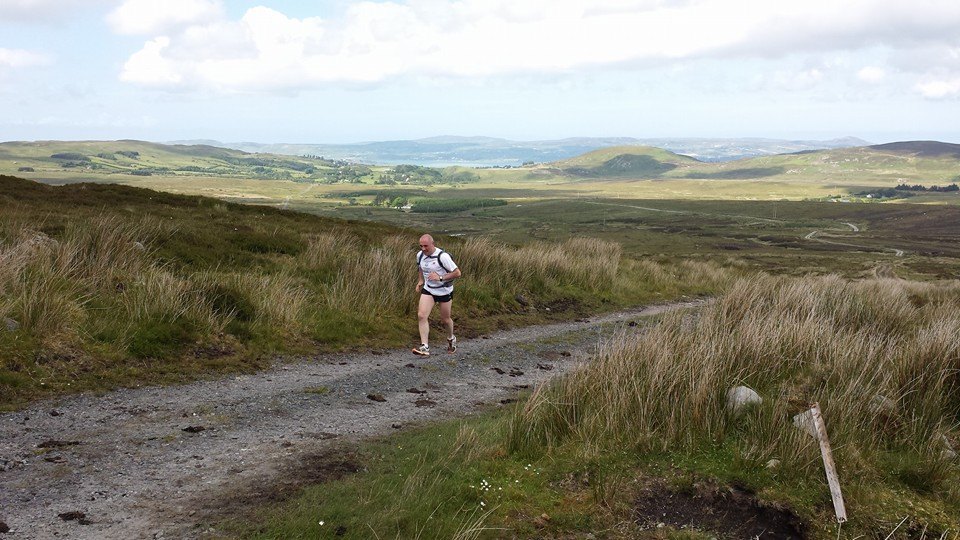Now with the autumn marathon season approaching, runners will find themselves having to be out on the road that bit longer now to cover the necessary volume required by their training schedules and plans. But when you find yourself out on the road for over an hour or two, sometimes with just yourself for company, what do you do when tiredness builds and mentally your feeling a bit down.
Building up your mileage progressively is a core part of any long-distance running plan. It’s about gradually increasing the distance to avoid injury and to let your body adapt to the increasing demands. Jumping from a 5-mile run to a 15-mile run overnight will likely result in burnout or injury. Incremental increases, such as adding a mile or two each week, help build endurance while keeping you on a sustainable path.
Finding that sweet spot where your long runs stretch your limits without pushing you over the edge is key. It’s natural to feel a bit tired or sore after a long run but running through pain can be counterproductive. Listen to your body, know when to push and when to hold back. Using tools like a running journal or apps can help you track progress and tune into your body’s signals.
The physiological benefits of long runs go beyond just building endurance. They improve cardiovascular health, increase muscle strength, and enhance your overall fitness level. These physical gains are crucial for improving your running efficiency and performance over long distances. Think of each long run as a building block to becoming a stronger, more confident runner.

Developing Mental Toughness for Long Runs
Understanding what it means to be ‘mentally tough’ in running can make all the difference during long runs. It’s about cultivating a mindset that can handle discomfort and fatigue. This toughness isn’t just about enduring pain; it’s about staying focused and optimistic when your body wants to call it quits.
Strategies for staying focused and positive during long runs are essential tools in any runner’s arsenal. Breaking the run into smaller, manageable sections can help. Instead of thinking about the entire 15 miles, concentrate on getting to the next mile marker. Celebrating these mini victories along the way can keep your spirits high and your motivation intact.
Visualization is another powerful technique for boosting mental strength. Picture yourself crossing the finish line, feeling strong and accomplished. Visualize the route, the scenery, and how you’ll feel at different stages of the run. This mental imagery can help prepare your mind for the journey and make the physical effort feel more manageable.
In those challenging moments when you need to dig deep mentally, having a mantra or a go-to motivational thought can be incredibly helpful. Something simple like ‘You’ve got this’ or ‘Keep moving forward’ can provide a surprising boost. Repeating these phrases helps drown out negative thoughts and keeps your focus sharp.
Achieving Your Goals with Patience
Setting realistic, incremental goals is vital for long-distance runners. It’s tempting to set ambitious targets, but breaking them down into smaller, achievable milestones can prevent discouragement. These incremental achievements build up your confidence and show your progress over time.
Maintaining patience during your training journey can be challenging but is necessary to avoid burnout. Techniques such as practicing mindfulness, celebrating small successes, and staying flexible with your plan can help in this regard. Remember, progress might be slow, but each step, no matter how small, brings you closer to your goal.
Race day is where all your preparation and training come together. The goal that seemed so far off at the start of your training is coming into focus. Visualize how all your hard work has prepared you for this moment. Trust your training and stay positive as the finish line approaches.
Celebrating your progress is crucial for sustaining long-term motivation. Reflecting on how far you’ve come can provide a huge morale boost and keep you eager to pursue your next goal. Share your achievements with friends, join a running group, or reward yourself with something special. These celebrations reinforce the positive feelings connected with your running journey.
Also in my book Decision I explain some of the strategies that I have used in the past to overcome these difficult times.

